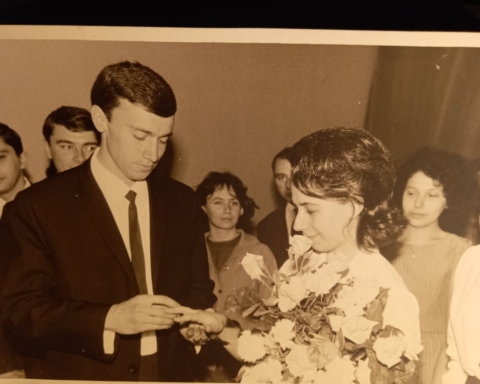Why cheese and chocolate are more than just economical products…
“Oh, you’re from Switzerland, isn’t that where all that great cheese and chocolate come from?”, (people ask)you’re asked whenever you tell them you come from Switzerland. I have been asked that question multiple times whenever I was travelling in hungary. These are not just clichés: cheese and chocolate are important for the Swiss economy. Cheese exports are worth 693.8 million Swiss francs a year, while chocolate brings in 1.5 billion Swiss francs. “Made in Switzerland” is regarded as an indicator of high quality.
However, the significance of these two products goes beyond their economic value: they really are intrinsic parts of Swiss culture. We all know that a piece of “Gruyère”or a piece of Lindt chocolate is irresistible. But how do people who work with these products all their lives see them? Is the yeasty taste of cheese and the sweet taste of chocolate the same for someone so close to them?
The cheese culture in Switzerland dates back a long time and actually originates from France. Even though that’s the case, Switzerland reinvented cheese and made it its own.
Countless varieties have developed over the years. A lot of love and tradition goes into them all. Of course, the way cheese is made has evolved. Until the 18th century hard cheese production only took place in the alps in summer, considering that cow’s milk was very limited and was needed for other purposes too. People used to do everything by hand, using specialised tools, whereas now, machines are more and more important. But cheesemakers’ pride in their “white gold” remains. Certified master cheesemaker Heinz Eggimann says “The art of making cheese depends on having a true passion for it, having experience and craftsmanship. It takes a lot of time and effort to learn to be a good cheesemaker”. He’s been working with cheese for 22 years now. He says that no machine could ever learn and recreate certain features that a real cheesemaker requires. Cheese is something traditionally cherished in his family.
Swiss chocolate is famous throughout the world for its outstanding quality, unique feel, and wide range of tastes. However, it is also an important part of everyday life in Switzerland itself. The chances of you finding a Swiss person who has not eaten chocolate are very low. According to the statistics for 2021, Switzerland has the highest chocolate consumption in the world, at 8.8kg per person per year.
I suppose every child dreams of having a father who works in a chocolate factory and brings home a lot. One might assume that in the modern world, big international companies have lost the human touch – but it seems that this is not true in the chocolate industry. Lindt is one of the biggest chocolate companies in Switzerland and a major exporter. Over 150 million Lindt “Gold Bunnies” are produced each year. And this only covers the demand for Lindt chocolate for Easter. Lindt is also the company which invented conching, which is the long process of mixing cocoa , sugar and milk at a high temperature until the melting chocolate results.
Lindt’s yearly revenue is $4 Billion. I interviewed Els Bleuler, 88, who grew up in the same village as the chocolate factory “Lindt” is and spent most of working life at Lindt – after growing up with a father who really did work in a chocolate factory! She recalls, “My dad was always treated well and loved his job.” With him having access to a lot of chocolate, she was able to enjoy chocolate frequently with her family, and it has remained something special throughout her life. She connects it with great memories, being treated well as a worker and the company always making her feel like she was a part of it. To this day she gets frequent presents from the company, which always put a smile on her face.
Does she have any tips concerning chocolate? Els Bleuler’s father used to eat a chocolate every evening before going to bed – he said it was good for him and helped him sleep. That’s a piece of advice I’m very keen to follow!



